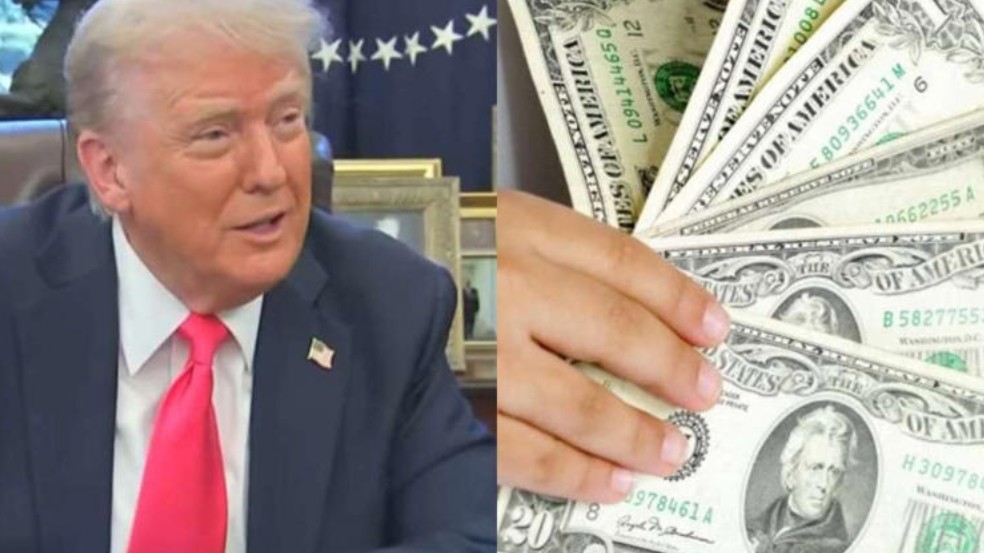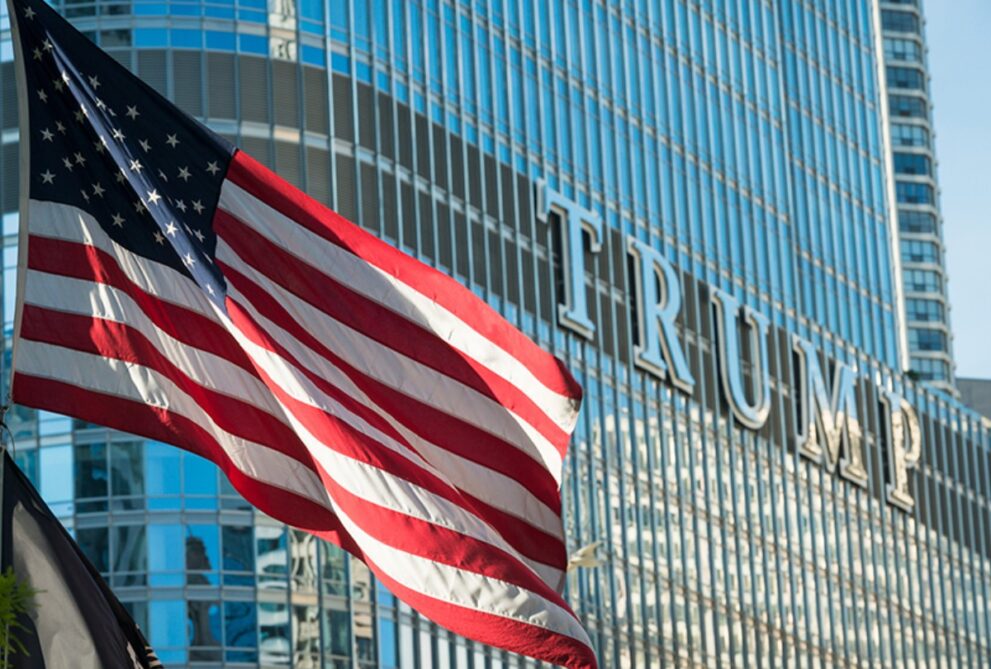In a recent podcast interview with The New York Times’ Ezra Klein, the Financial Times’ Gillian Tate fell into what has become a common trap — “minimizing the radical aspects” of the economic policies of US President Donald Trump’s second administration.
“On the one hand, they want to ensure that the dollar remains the supreme global reserve currency and that the dollar-based financial system continues to dominate,” she explained. “But at the same time, they also think the dollar is overvalued because of the fact that it’s the world’s reserve currency, which means people keep buying dollars and that drives up their value.”
Therefore, the Trumpists want a “Mar-a-Lago deal” in which other countries help weaken the dollar in exchange for tariff relief, military protection, and so on. Ultimately, countries would fall into one of three groups: green (friends), red (enemies), or yellow (partial alliance).

“It’s extremely brave,” Tet tells us. “You can’t lose sight of the fact that there are people who want to rebuild the global financial and economic system and they have a pretty coherent plan.”
However, is that so? If the idea is to promote American manufacturing through agreements to manipulate the dollar without destroying more important sources of American prosperity, it would indeed require a coherent plan. Trumpists would have to remind people that Trump hated the North American Free Trade Agreement and already demanded that Canada and Mexico help him fix it during his first term.
The resulting US-Mexico-Canada Agreement (USMCA) placed those countries in the green group. Now the task would be to convince other countries to do the same – to come to Mar-a-Lago, bow down and agree to similar deals.
But that’s not what’s happening. On the contrary, Trump bullied Mexico and Canada the most. Hardly a day goes by without him issuing a new threat, insult or announcement of another tariff.
Such are the awards that are given to those who willingly cooperate and join the green group. Even if his apologists were right that he was emulating Richard Nixon’s “madman theory” to scare others into compliance, his behavior makes no strategic sense.
If you are any other national leader, what should you do? It might not hurt to talk to Trump; to make sounds that please his ears; to praise his insight and create the appearance of affection.
But what you absolutely must not do is change your policy in any way, unless you receive a large, irreversible benefit up front. And even then, you should prepare ahead of time to make it very painful for Trump to cut any deal he announces with you.
Given that Trump has already violated the terms of the USMCA, other countries have no incentive to do what he demands. If you are vulnerable to the kind of unilateral punishment that Trump can impose, you have a problem. But the solution is not to cooperate with Trump, but to eliminate the problem.

Therefore, Mexico should already be seeking to deepen its trade with Europe and China, which operate some of the technologically sophisticated parts of the globalized value chains on which the Mexican economy relies.
It should also explore ways to inflict maximum pain on Trump and his constituents (but not America as a whole) if necessary.
Similarly, Canada should already be working to connect parts of its resource-rich economy to China and Europe. That means abandoning any plans for new infrastructure to take resources south and enacting a new development strategy for Ontario.
For 150 years, the southern part of the state has been an integral part of the American manufacturing complex in the Midwest. Both sides benefited enormously. But divorce is now necessary.
It’s only a matter of time before Trump, who desperately needs to be on TV, does something to weaponize that relationship. That it will hurt Americans more than Canadians doesn’t matter to him.
The rest of the world is already thinking about how to minimize the risk of Trump’s America, which will soon find itself in a position analogous to Britain after Brexit. Withdrawing from the European Union for no good reason is estimated to have left the UK ten per cent poorer than it would have been – and the costs are still rising.
Will the US face a similar fate? In any case, it is important to remember that the die has been cast. The dam has already burst. The flood has begun.

Could it be changed? Let’s remember the second term of Ronald Reagan. After the Iran-Contra scandal, the White House announced in February 1987 that former Senator Howard Baker would serve as chief of staff.
He brought “instant credibility” as a “fair”, “honest” and “decent” public servant. His appointment was good for Reagan and good for the country. From then on, Reagan would make public appearances, shake hands and give speeches while Baker led the executive branch. He became, in a word, the American regent.
A similar arrangement is the best we can hope for from Trump’s second term. The only problem is finding someone willing – and more importantly, able – to play such a role.








